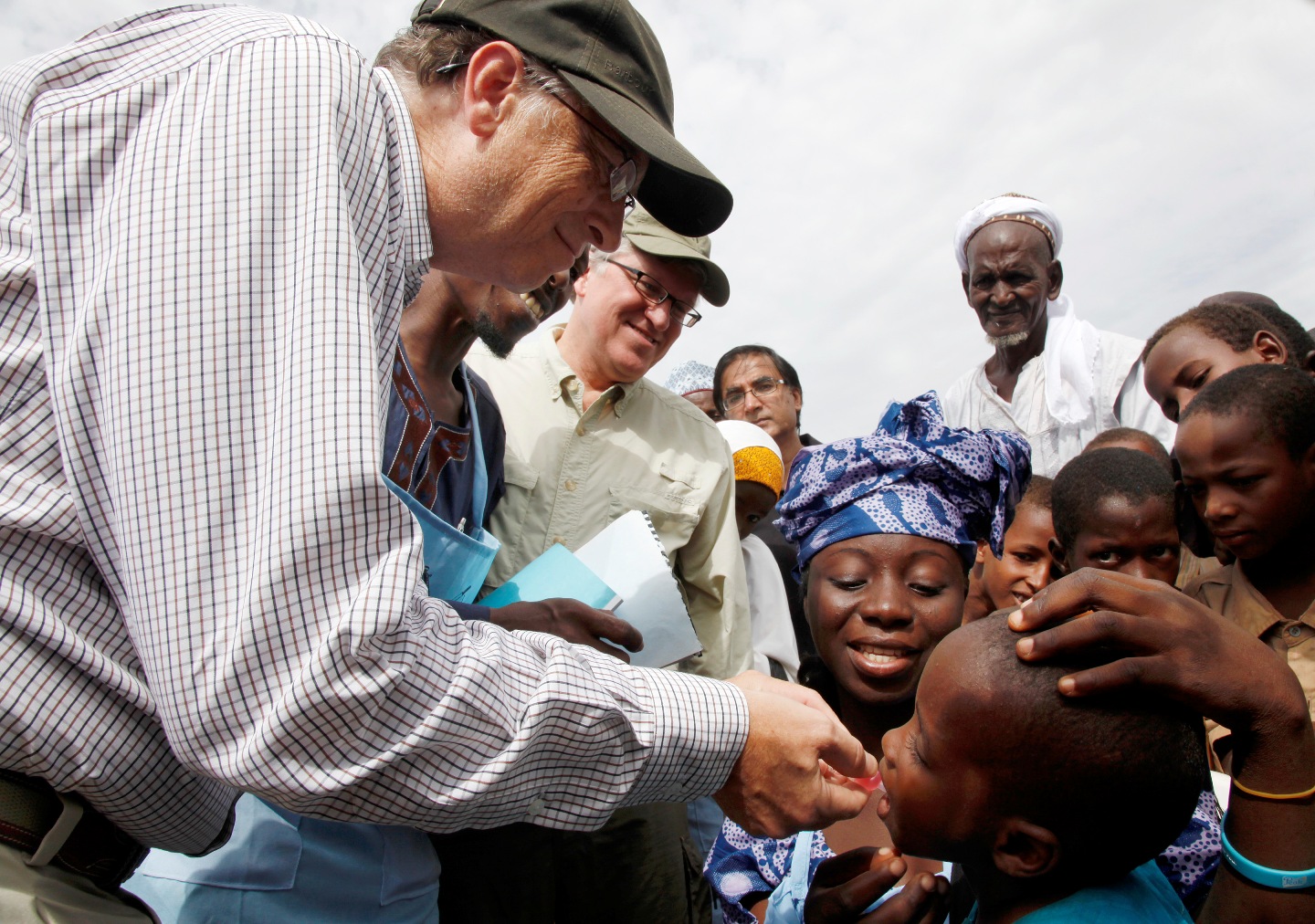The United Nations Children’s Fund, UNICEF, has warned that with only 36 percent of children aged 12-23 months receiving all recommended vaccines, a substantial number of Nigerian children are at risk of death and disability from vaccine-preventable diseases.
The global organization noted that the immunisation coverage in Nigeria is below the Global Vaccine Action Plan, GVAP, which exposes a huge number of children in the country to preventable diseases and deaths.
Eghe Abe, the UNICEF Health Specialist, Port Harcourt Field Office, who sounded the warning at a One-Day multi-zonal Media Dialogue with Journalists on Dissemination of Multiple Indicator Cluster Survey, MICS, 2021 disclosed that the figures from recent surveys indicated that 64 percent of children aged 12-23 months did not receive all routine immunizations in the country.
Quoting the National Immunisation Coverage Survey, NICS, 2021, Abe noted that the immunisation coverage varied across the geopolitical zones with the northern part of the country recording low rate of vaccination.
In his breakdown, he observed that “from the survey only 32 percent of children received all doses of vaccine in the North Central. In the North East only 24 percent of children received all doses; while in the North West only 25 percent of children received all the doses.”
According to him, “57 percent of children received all doses of vaccine in the South East. The South South recorded 49 percent coverage of children who received all doses while in the South West only 50 percent of children received all the doses.”
The Health Specialist opined that the coverage figure was not good enough for the children stressing that more needed to be done by governments and all stakeholders to save Nigerian children by getting them fully vaccinated in order to avert the childhood killer diseases that are preventable with vaccines.
He identified lack of knowledge and information as the main reported reason for children not being fully vaccinated in the country saying, “that is why more is needed to be done in that direction.”
10 Million Girls Out Of School In Nigeria – UNICEF
The United Nations Children Fund, UNICEF, has raised alarm about over 10 million girl children being out of school in Nigeria.
Chief of UNICEF Field Office in Kano, Rahama Farah, raised the alarm at a Media Dialogue on Girls’ Education under the Girls’ Education Project, GEP, 3, funded by the Foreign, Commonwealth and Development Office, FCDO, and implemented by UNICEF.
Farah said the 10 million represents 60 per cent of the 18.5 million total number of out of school children in the country, claiming that the majority of the out of school children were from northern Nigeria.
According to him, “Currently in Nigeria there are 18.5 million out of school children, 60 per cent of these out of school children are girls – that is over 10 million girls are out of school.
“Most importantly, you will need to know that the majority of these out of school children are actually from northern Nigeria.
“This situation heightens the gender inequity, where only one in four girls from poor, rural families complete Junior Secondary school education. The situation with girls’ education in Nigeria has been further affected by attacks on schools. These attacks have created an insecure learning environment, discouraged parents and caregivers from sending their children to schools, while at the same time the students themselves become fearful of going to school. These attacks have particularly and specifically targeted girls.”
Farah said the GEP 3 intervention was already yielding results as no fewer than 1.4million girls now had access to education in northern Nigeria, saying “These interventions are encouraging girls to attend school. But a lot still needs to be done to ensure that every girl in Nigeria is enrolled, attends school, and completes her education.
“With more of similar support, and working together with government and development partners, parents, communities, traditional and religious leaders, we can achieve more by enrolling more girls in schools, and ensuring they complete their full education. “To achieve this objective, we need the support of every ally and stakeholder, especially the media. This Media Dialogue is therefore very timely and critical in the achievement of these objectives.
“I urge the media to advocate for increased funding and allocation of adequate public resources to the education sector, especially adequate allocation and the release of what has been appropriated. There are a number of barriers that affect girls’ education. The media must also be at the forefront of advocating for the action directed at removing these barriers that hinder girls’ education such as child marriage.”
On her part, Education Manager, UNICEF Field Office in Kano, Michael Banda, said the children were out of school as a result of early marriage and transition among others because there was no proper implementation of policies to support educational development.
In her paper presentation titled “Why Girls’ education is important”, the Education Specialist, UNICEF Country Office in Abuja, Azuka Menkiti said the girl child is faced with daunting challenges and barriers.
She however stressed the need to educate the girl child saying education for the girl child goes beyond enrolling them into schools as the girl education is posited as a vaccine to address poverty rate, over population and health indices such as malnutrition, maternal mortality among others.
Earlier, the Deputy Director Planning, Kano State Qur’anic and Islamiyya Schools Management Board, KSQISMB, Kamaludeen Abdulhadi said the media dialogue was to assess or monitor activities carried out by the GEP 3 since 2018 till date in the state.
The GEP 3 project is implemented in five states of Kano, Katsina, Sokoto, Bauchi, and Zamfara.







